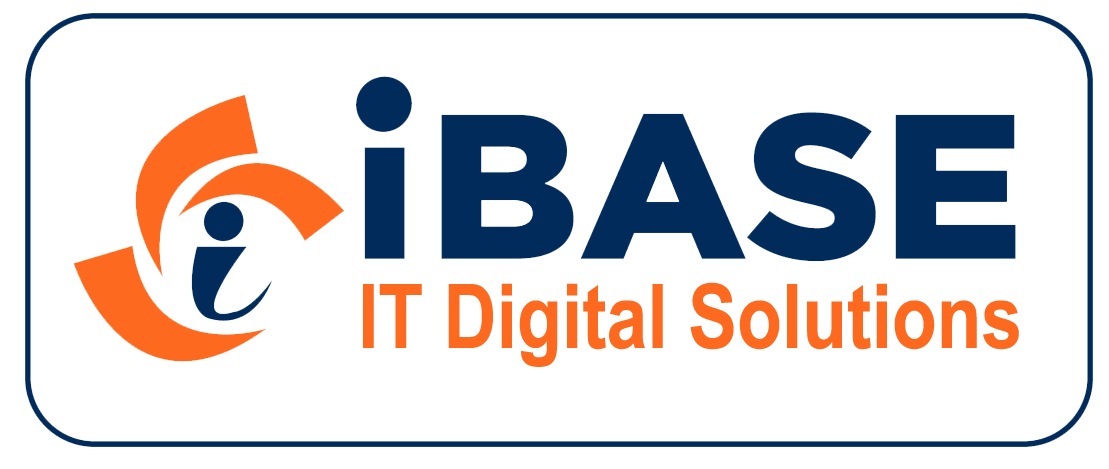With the rise in mobile technology, local SEO became an ever important thing and a recent study has found that 63 percent of all Google searches are from mobiles.
Businesses must define how success looks like and should develop an ongoing call that is scalable in order to succeed in local SEO.
Pros and Cons of local SEO:
The advantages of using local SEO in large enterprises include:
- Accessibility to industry tools
- Money
- People
- specialization
If these built-in resources are ignored, then the cons of large companies may overweigh the pros with respect to local SEO.
The 4 common obstacles that the companies face while planning a local SEO strategy:
- Ignorance:
If there is no proper strategy across the organization, it is difficult to earn buy-ins from others.
- Bystander Effect:
Lack of defined roles in the enterprise may lead to diffusion in the responsibility.
To avoid this, there should be proper review management which includes – Who should be responsible for customer service? Store managers? and Regional managers?
Pick the best one and make the work done with clear responsibilities.
- Volume:
In order to execute a well-defined plan that avoids the obstacles to produce a scalable and successful local SEO strategy, it’s important to have a look at the following steps:
- Digital Marketing Goals
- Establish Roles and Responsibilities
- Slow decision making:
As we know, large enterprises are as non-adaptive and inflexible as small enterprises. Their task listing may draw out for months.
The Local SEO Practices for Enterprises
These practices are basically divided into two sections. They are:
- Basic practices
- Competitive Edge Practices
iBase Solutions Best SEO Company in Hyderabad
There are 5 local SEO practices defined for enterprises to attain business goals
- Google My Business
Basic Practices:
- Submit a Google My Business List.
- Storefront image for all locations.
- Update Name, Address, and Contact details for all stores.
- Selecting relevant business categories.
Competitive Edge:
- Use the tools like getting Five Stars for an enterprise-friendly feature.
- Creating a monthly calendar to use some helpful features like Google Q&A and Google Posts.
- Regularly check for tools like Mobile Moxie or Bright Local Competitive Analysis to check keyword ranking.
- Be a tattler to report spam on Google Maps.
- On-Page Local SEO
Basic Practices:
- Include the address in all store locator pages.
- Make sure that the store pages are properly indexed by search engines.
- Implement local schema on all store locator pages.
Competitive Practices:
- Implement a local content opportunity that can be either incorporated on a blog or directly on store locator pages.
- Take a consistent approach to make constant changes to your content on store pages.
- Citation Management
Basic Practices:
- Create your GMB profile.
- Utilize set-it-and-forget-it plan.
Competitive Practices:
- Use Yext to help clean duplicate data, push citations, adjust incorrect data, and defend online presence.
- Make use of designated resources to improve a listing, monitoring, and updating the information.
- Local Link Building
Basic Principles:
- Do not ignore local link building due to the fear of having a limited impact.
Competitive Principles:
- Large enterprises fail to maximize their linking perspective. So get involved in your sponsor events, support other businesses, and host networking events.
- Reviews
Basic Principles:
- Respond to customer feedback.
Competitive Principles:
- Manage all customer reviews by using some automated tools like getting Five Stars.
- Embed Google Profile Link that generates a direct link to your profile.


